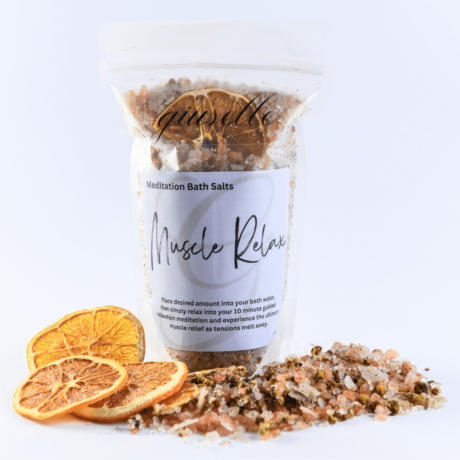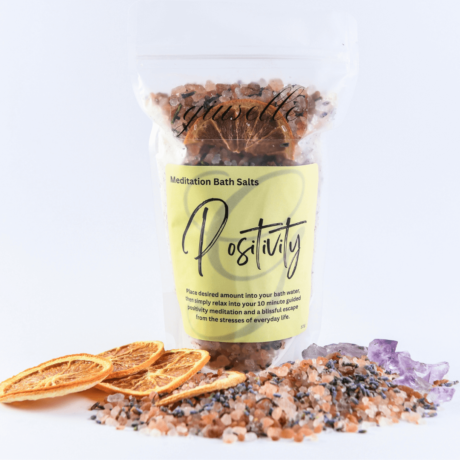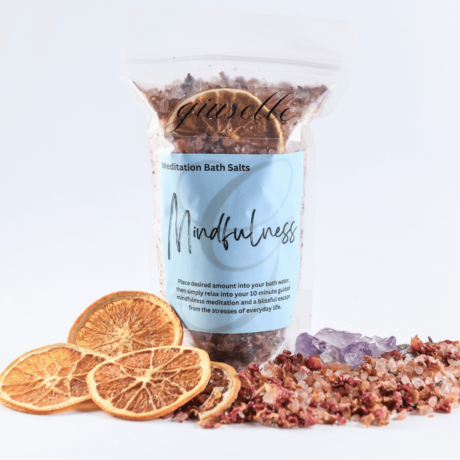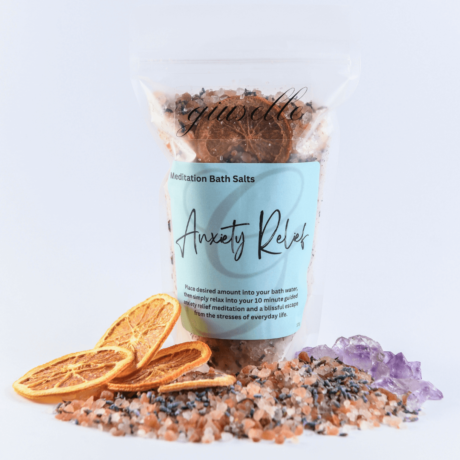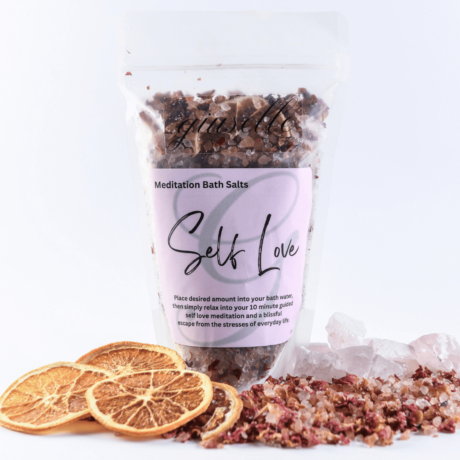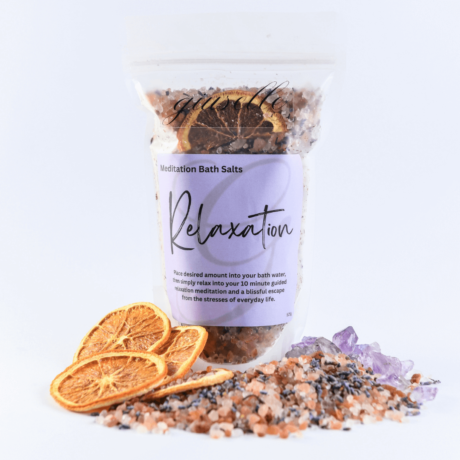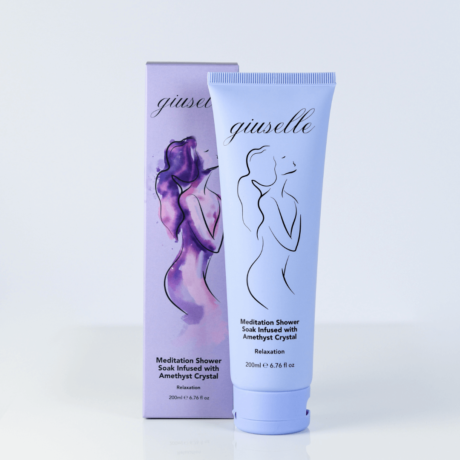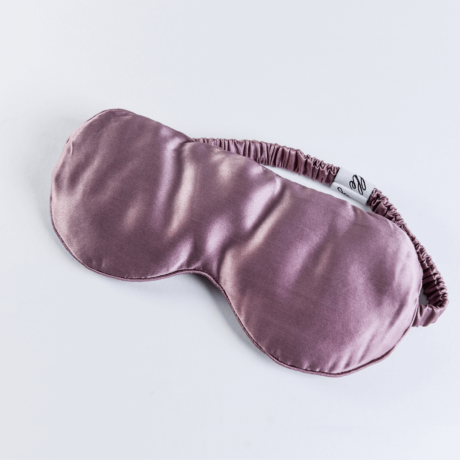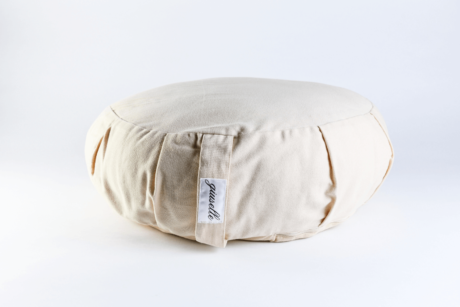
- support@giuselle.com.au
- Mon-Fri: 9am to 4pm
Physical Wholeness
- Regular physical exercise is a cornerstone of physical wholeness. Engaging in activities such as cardio, strength training, yoga, or sports not only improves physical fitness but also boosts our mood, reduces stress, and enhances overall energy levels. Finding enjoyable forms of exercise makes it easier to stay motivated and committed to a consistent routine.
- Proper nutrition is also essential for physical wholeness. Fueling our bodies with a balanced and nutritious diet provides the necessary nutrients for optimal functioning. Emphasising whole foods, fruits, vegetables, lean proteins, and healthy fats supports overall health and helps prevent chronic diseases.
- Adequate rest and sleep are crucial for physical well-being. Restorative sleep allows our bodies to repair and rejuvenate, optimizing cognitive function and supporting immune health. Creating a sleep-friendly environment and establishing a consistent sleep schedule can improve the quality of rest.
- Maintaining a healthy weight and body composition is all a part of physical wholeness too. Striving for a weight that aligns with our individual body type and lifestyle reduces the risk of obesity-related health issues and enhances our overall well-being.
- Regular medical check-ups and screenings are essential for monitoring and maintaining physical health. Seeking professional healthcare guidance and promptly addressing any health concerns empowers us to make informed decisions about our well-being.
- Hydration is fundamental for physical wholeness. Drinking an adequate amount of water supports proper organ function, helps regulate body temperature, and aids in digestion. It is recommended to drink approx. 8 – 10 glasses of water per day.
- Reducing sedentary behaviour is important for physical well-being. Incorporating movement throughout the day, even through short breaks or stretching, can improve circulation, prevent stiffness, and contribute to overall physical health. Therefore, if your job does involve sitting for long periods of time, get up move around, go and grab a coffee. Just move your body out of the seated position in order to stretch.
- Avoiding harmful substances like tobacco, excessive alcohol, or illicit drugs is crucial for physical wholeness. These substances can have detrimental effects on our bodies, leading to various health issues and diminishing overall well-being.
- Practicing stress management techniques is essential for physical health. Chronic stress can negatively impact our bodies, so finding healthy ways to cope with stress, such as mindfulness, meditation, relaxation techniques, or hobbies, is beneficial.
- Embracing a holistic approach to physical wholeness means considering the mind-body connection. Nurturing emotional well-being through mindfulness, self-compassion, and positive relationships complements physical health and contributes to overall wholeness.
- Finding joy in physical activities and connecting with nature fosters a positive relationship with our bodies. Engaging in outdoor activities, exploring new sports or hobbies, and appreciating the beauty of nature promotes a sense of vitality and gratitude for our physical capabilities.
Physical wholeness is a multidimensional endeavour that encompasses exercise, nutrition, rest, hydration, and stress management. By adopting a holistic approach and prioritizing our physical health, we can optimize our well‑being, embrace a vibrant lifestyle, and cultivate a stronger connection with our bodies. Physical wholeness enables us to lead fulfilling lives, filled with vitality, energy, and a greater appreciation for the incredible potential of our bodies.
Add to cart
Meditation Bath Salts – Muscle Relax
Rediscover the joy of relaxation. Elevate your bath routine to a therapeutic ritual, where muscle relief and mental tranquillity go hand in hand. Unwind and find solace in the comforting embrace, leaving you refreshed, revitalized, and ready to take on the world with ease.
Guided 10 minute meditation included.
$28.00
Add to cart
Meditation Bath Salts – Mindfulness
Rediscover the beauty of mindfulness and its transformative power. Elevate your bath routine to a mindful ritual, fostering inner peace and tranquillity. Let the calming waters bathe your senses and allow your mind to find serenity in the embrace of the present.
Guided 10 minute meditation included.
$28.00
Add to cart
Meditation Bath Salts – Anxiety Relief
Indulge in the art of self-care and rediscover the beauty of inner peace with our meditation bath salts. Elevate your bath routine to a sacred ritual and let the stresses of the world melt away. Experience the profound sense of relief and calmness that awaits you.
Guided 10 minute meditation included.
$28.00
Add to cart
Meditation Bath Salts – Relaxation
Indulge in the harmonious fusion of nature’s gifts and guided meditation. Discover a profound sense of well-being and inner harmony today.
Guided 10 minute meditation included.
$28.00
Add to cart
Silk Sleep Mask
100% pure Mulberry Silk Sleep Mask is designed for adults in a comfortable one-size fits all.
Guided 10 minute meditation included.
$40.00
Add to cart
Ultimate Meditation Cushion
Your gateway to tranquillity and mindful living. Crafted with care, this cushion features luxurious kapok filling that molds to your body’s contours, providing unparalleled comfort during meditation sessions. The elegant dry cleanable cotton cover adds a touch of sophistication to your sacred space.
Guided 5 and 10 minute meditations included on base of cushion.
$120.00
-
I am happy
-
I am free
-
I am at peace
-
I am worthy
-
I am capable
-
I am deserving
-
I am resilient
-
I prioritise my well-being
-
I am grateful

